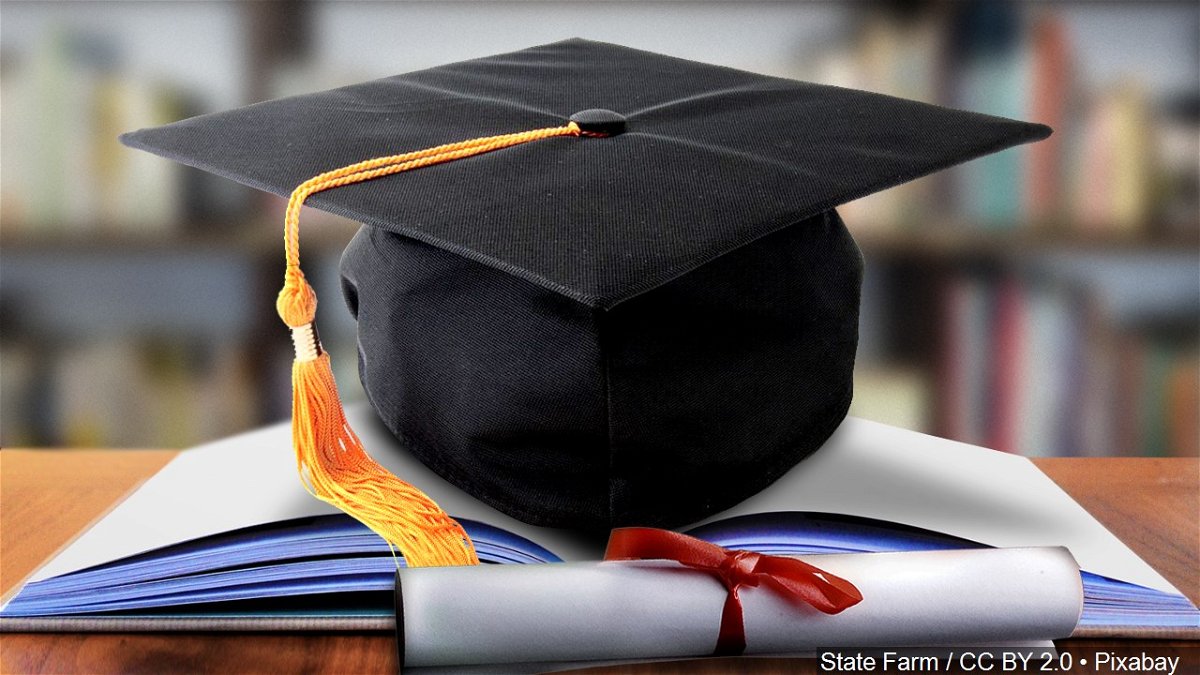Oregon could do more to set HS students on career paths, report says

Eric Tegethoff, Oregon News Service
PORTLAND, Ore. (KTVZ) -- Oregon could do a better job setting up high school students for careers once they graduate, according to a new analysis.
The Alliance for Excellent Education examined state policies for promoting career readiness after high school.
Anne Hyslop, assistant director of policy development and government relations at the Alliance, said many states have taken a good first step, enabling students to get onto career paths before they graduate.
However, Oregon is not one of them.
She pointed out the state's graduation system essentially is the same for all students, meeting basic credit-hour requirements and demonstrating they have certain essential skills.
"But there isn't this differentiation of a pathway for students who might be interested in STEM careers or a pathway for students who want to go into the military, which are things that other states have done," Hyslop observed.
Hyslop pointed out some states also offer career seals on diplomas for completing certain steps, such as workplace internships.
In total, 19 states offer a graduation pathway to prepare students for careers.
However, Hyslop noted many still lack measures of quality for these tracks.
She added high school diplomas no longer are enough to guarantee a job and schools should take the opportunity to expose students to different careers in high school.
"Students who do these pathways are doing other experiences during high school that are deliberately preparing them for future success," Hyslop stressed. "And so I think it helps make the high school experience more relevant, more enriching, can help students engaged in the classroom."
Keeping students in high school has been especially important in Oregon. In recent years, it's ranked near the bottom among states for its graduation rate.
Hyslop explained with the pandemic forcing schools to shut their doors last year, states made modifications to their graduation requirements.
"Now is actually a really good opportunity, I think, to reassess and to make sure that the policies we have are actually serving all students well and that there aren't student populations who are falling through the cracks," Hyslop concluded.
Support for this reporting was provided by Lumina Foundation.